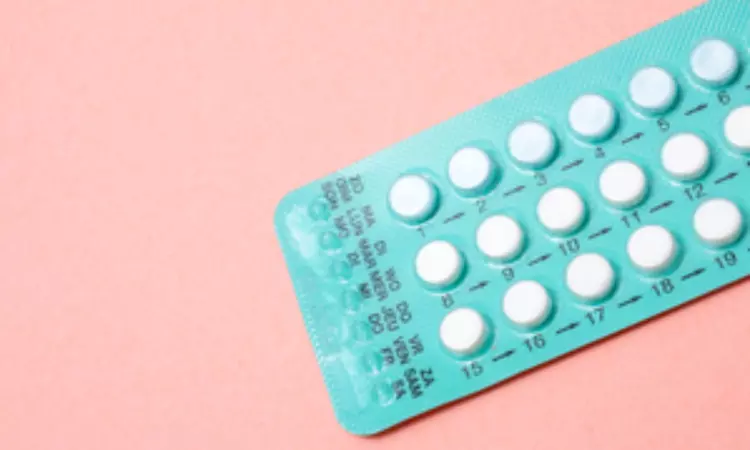Japan rolls out trial sales of 'morning-after' contraceptive pills
The pills, NorLevo and the generic version levonorgestrel, work best within 72 hours after unprotected sex and have an efficacy rate of 80 per cent.

Representative Image (Image: IANS)
TOKYO: Japan on Tuesday started the trial of over-the-counter sales of morning-after contraceptive pills, according to a media report.
The emergency contraception drugs, available without a doctor's prescription, will be now sold at 145 drug stores nationwide at prices ranging from around 7,000 yen ($47) to 9,000 yen as part of the Health Ministry's investigative trial, Kyodo News agency reported.
Women aged 16 and older, who partake in the trial, can obtain the drugs study after calling the pharmacy in advance, while other 16- and 17-year-olds may need a parent or guardian's approval.
The pills, NorLevo and the generic version levonorgestrel, work best within 72 hours after unprotected sex and have an efficacy rate of 80 per cent, according to the ministry.
Before the trial, women in Japan, including victims of sexual assault, had to go to a clinic or hospital for a prescription to obtain an emergency contraceptive.
Selling the drug without a prescription was discussed by a ministry panel in 2017, but the ministry stopped short of giving the green light, with critics saying it would make people less likely to practise safe sex, the report said.
The drug stores selected for the study must meet certain conditions, such as having trained pharmacists able to provide pills at night, on weekends and on holidays, as well as a private consultation room, Xinhua news agency reported.
Purchasers will be asked to answer questionnaires, which will be used in the study.
Medical professionals have called for better access to the drug within Japan, as it could provide rape victims with vital protection after a traumatic incident while also potentially reducing the need for abortions which are considered more physically and emotionally damaging, the Kyodo report said.
Morning-after pills are available over the counter in about 90 countries and regions, according to research conducted by the Health, Labour and Welfare Ministry.



